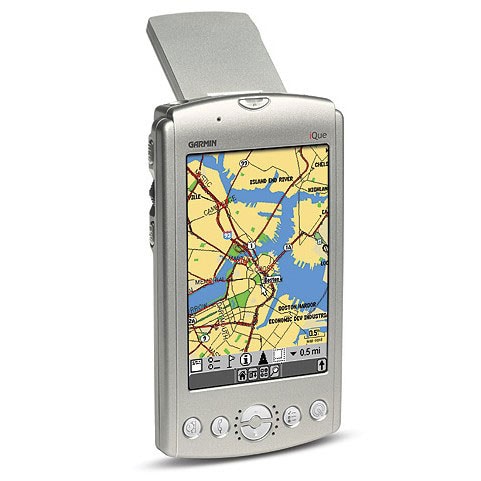
After reading through advantages of using a PDA as your navigation system of choice, you’re probably sold on a using a PDA. However, they definitely aren’t for everyone. Some of downsides include
- Ruggedness: Handheld GPS receivers are designed to take more abuse than PDAs, which often fail when they’re dropped or knocked around. Although you can buy ruggedized (with special enclosures that make them waterproof, drop-proof, bear-proof, and kid-proof) PDAs, they’re considerably more expensive than off-the-shelf models; expect to spend at least several hundred dollars more.
- Weather/water resistance: Unlike GPS receivers, PDAs aren’t designed to be waterproof or even weatherproof. This can be a major issue if you plan on using your PDA navigation system outdoors in damp, rainy, or snowy weather, you’re around water, or you have a leaky water bottle in your backpack.
- Power considerations: Most PDAs use internal batteries that are recharged through a docking cradle. If you’re away from a power source, this can be a serious issue because you can’t swap out dead or dying batteries for a convenient set of spare AA or AAA batteries like you can with a handheld GPS receiver.
When it comes to weighing the pros and cons of PDA navigation systems, you really have to examine your needs and planned use. If you plan on using a GPS receiver exclusively for road navigation, you should definitely consider a PDA. However if you’re going to be using GPS primarily in an outdoor setting, you’re probably better off with a handheld GPS receiver. If you’re leaning toward a PDA navigation system (or already have one) and want to operate it out in the elements, at least buy an OtterBox or some type of protective bag. I guarantee that your repair and replacement bills will be considerably less compared with stowing your PDA in a jacket pocket.

No comments:
Post a Comment